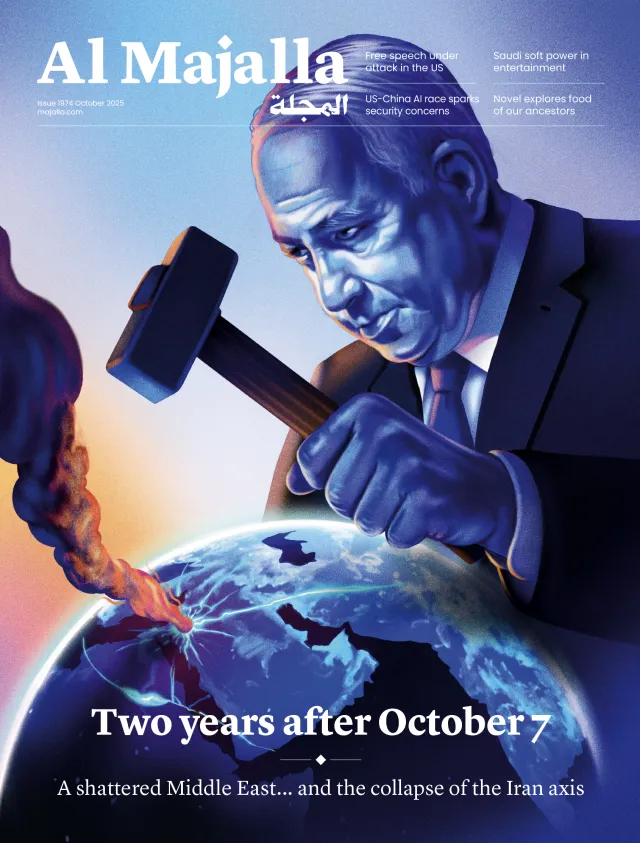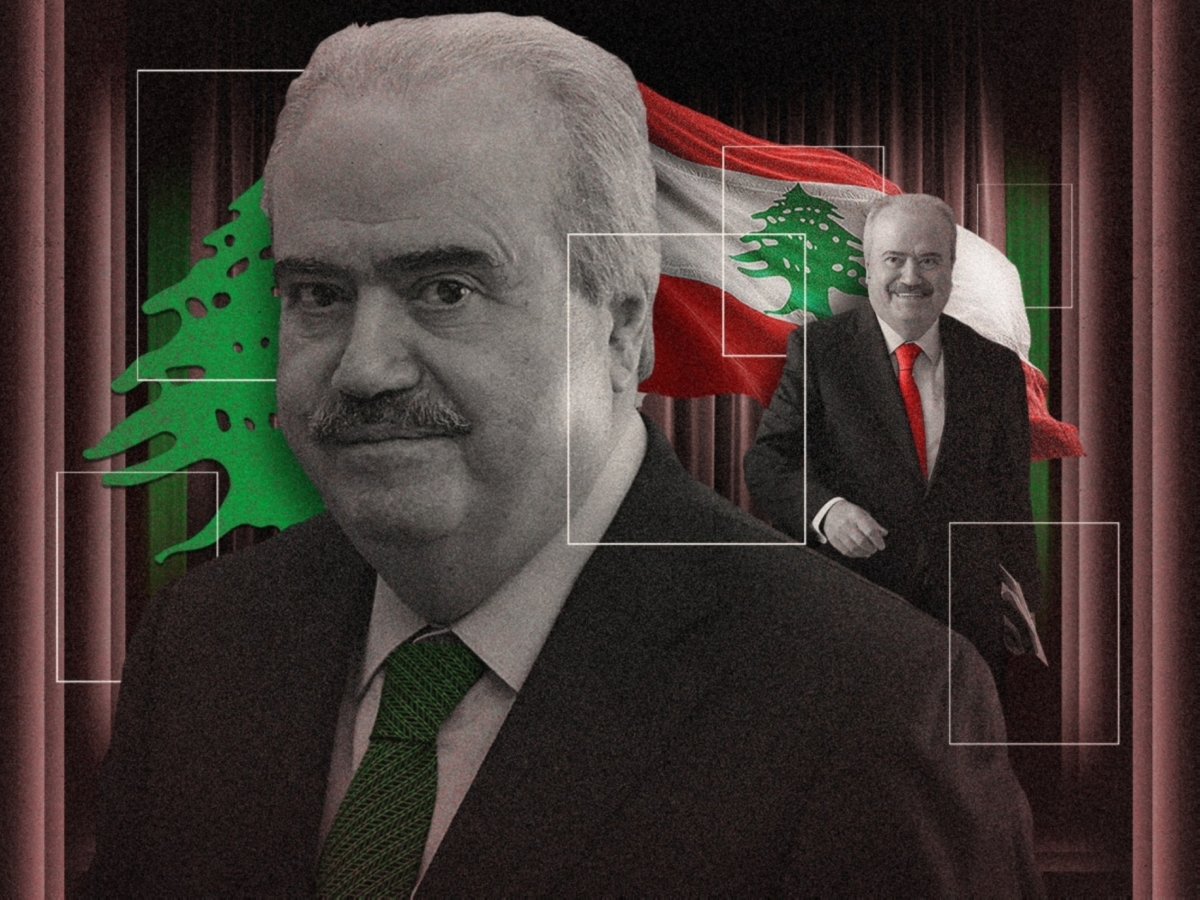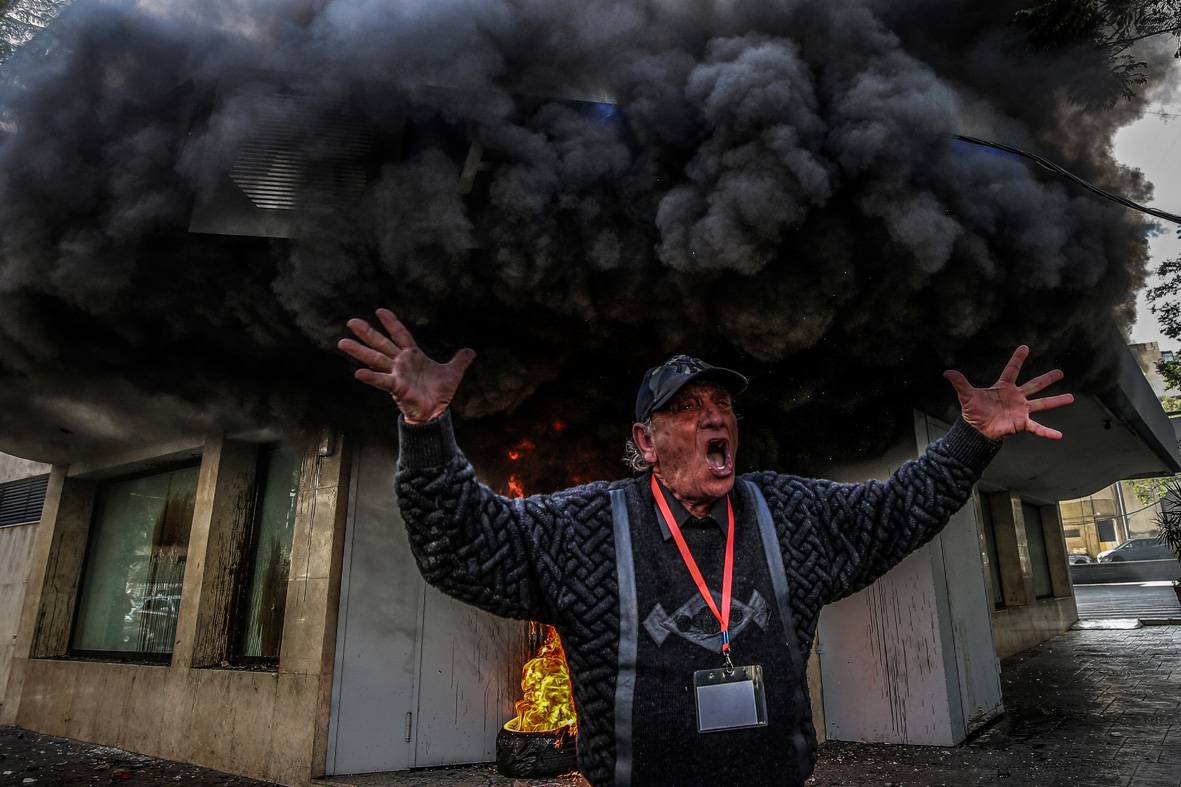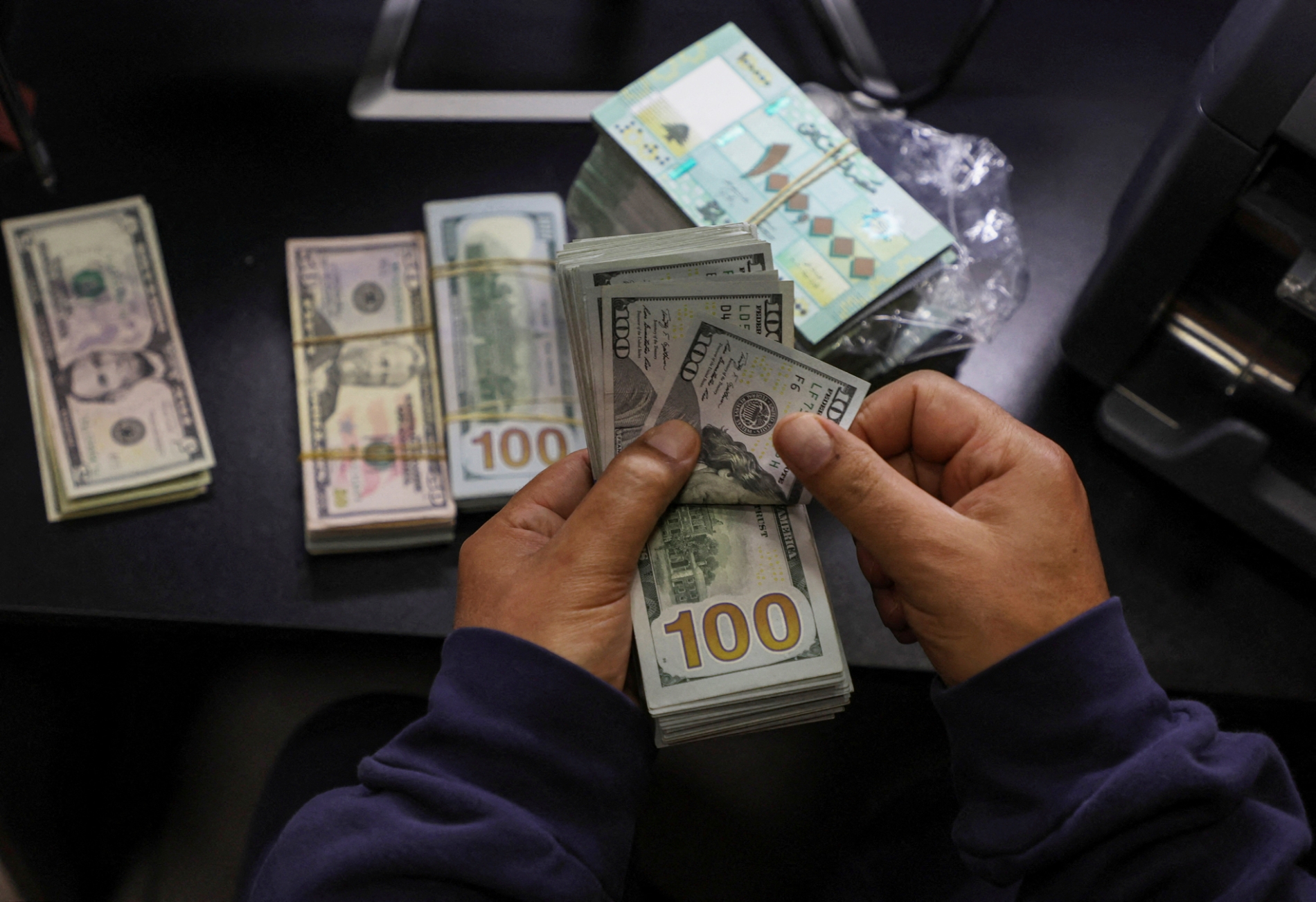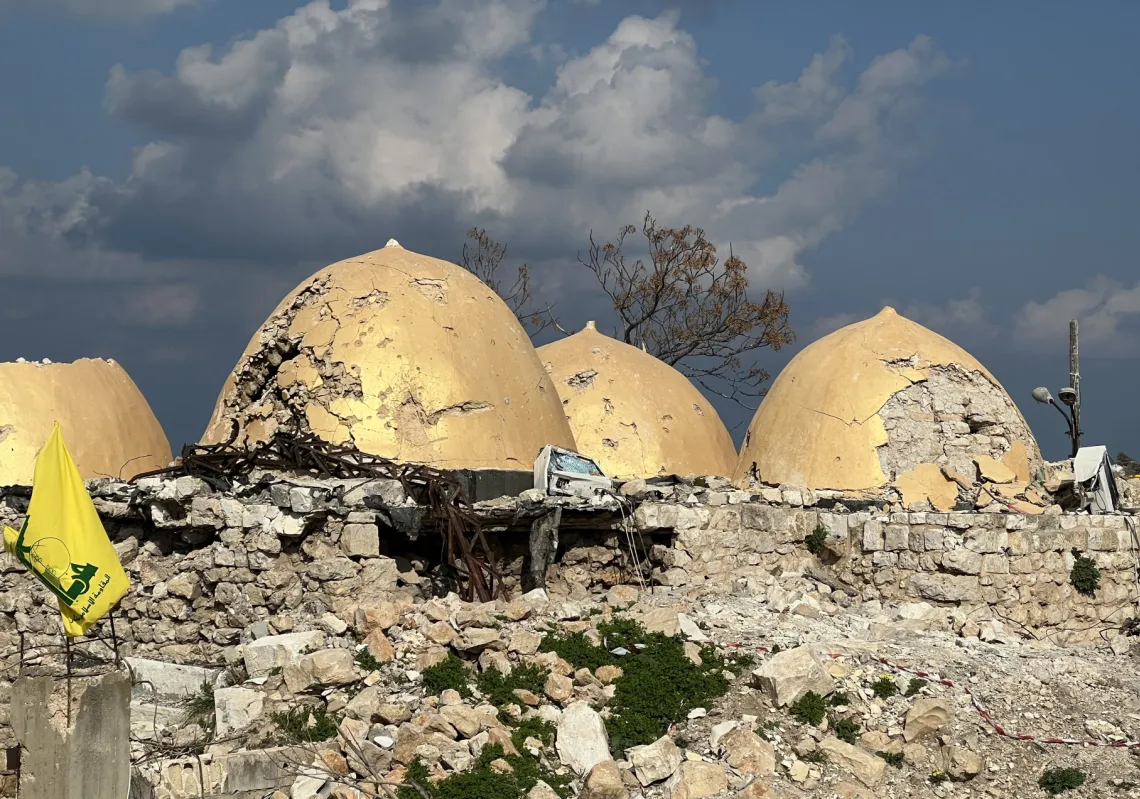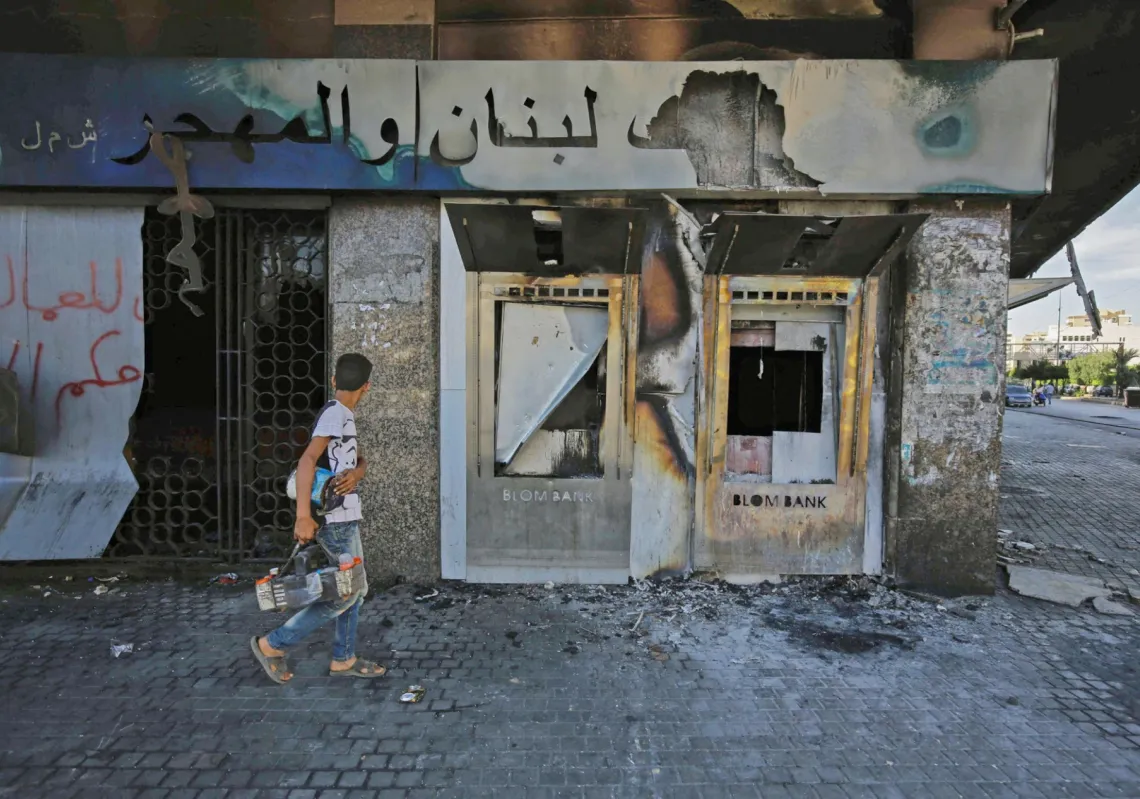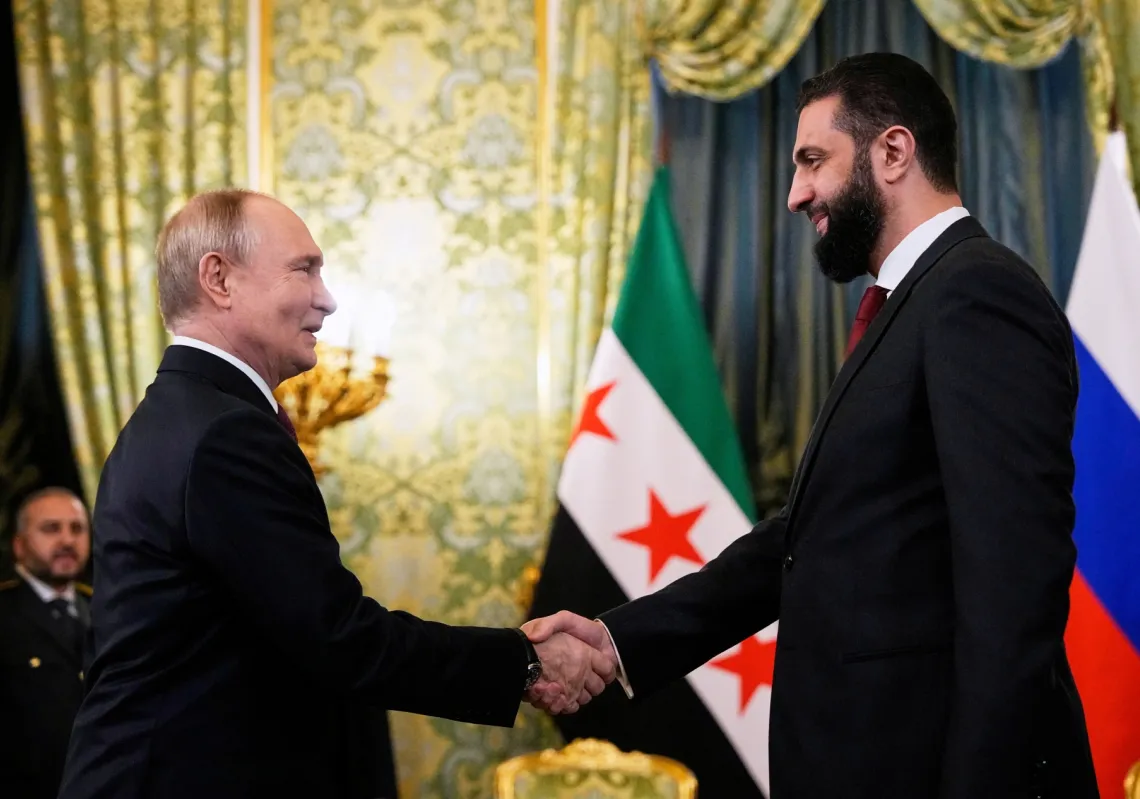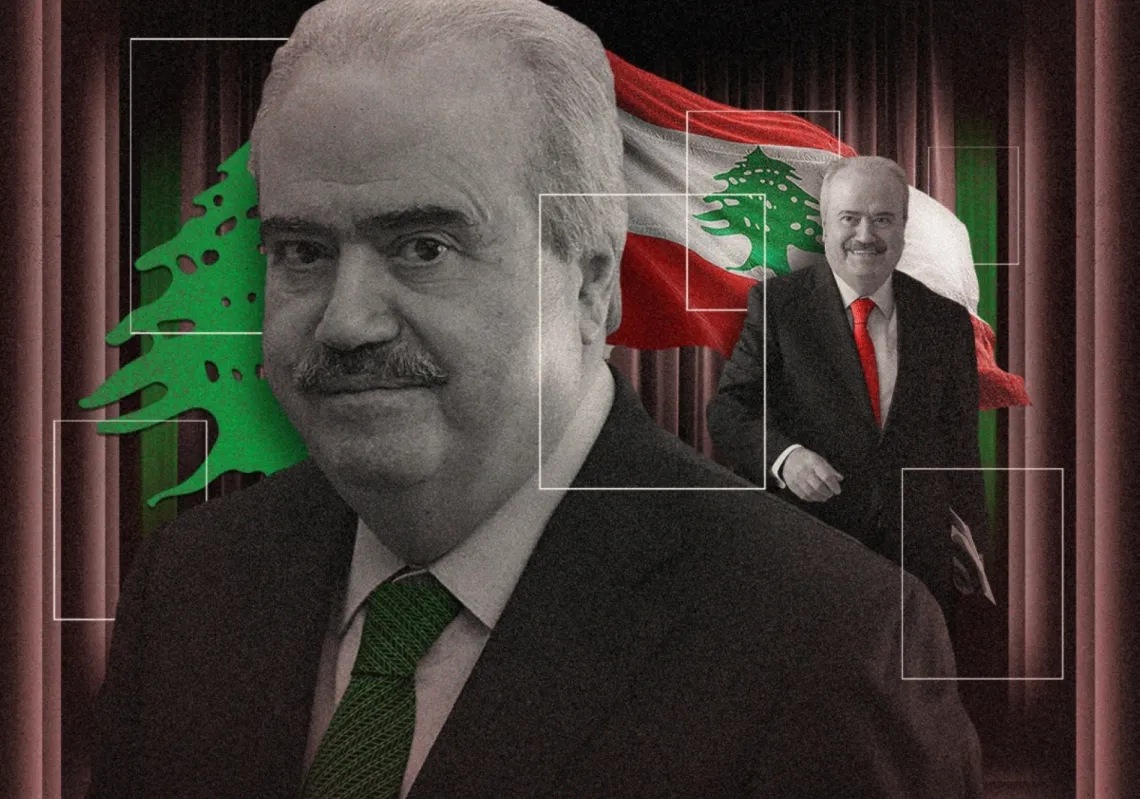Lebanese Finance Minister Yassine Jaber has declared that the government is serious about implementing much-needed reforms and reaching an agreement with the International Monetary Fund (IMF). Jaber, a veteran politician who served as a minister under the slain prime minister Rafik Hariri in the 1990s, was tempted back into frontline politics in February, taking his place in the cabinet of Nawaf Salam. He withdrew from Lebanese politics in 2022, after 27 years as an MP, frustrated at the lack of reforms being implemented.
Speaking to Al Majalla, Jaber described the IMF process and the planned financial reforms as vital for building confidence in the country, and noted that the government’s tax collection had improved significantly.
Ministers have prepared the necessary draft legislation to undertake the reforms, and parliament has passed two key laws seen as essential for economic recovery and stability. Jaber cited ongoing Israeli aggression, political volatility, and a lack of complete control over Lebanon’s borders, owing to a lack of capability within the army.
The private sector has adapted more quickly than the public sector to fluctuations in the exchange rate between the Lebanese pound and the US dollar, he said. “The question is how to strike a balance between halting financial haemorrhaging and protecting society at the same time.”
Treading carefully
Al Majalla spoke to Jaber shortly before he flew to Washington to meet the IMF from 13-18 October. “There are differing views between us,” he said, referring to the IMF and the Lebanese negotiating team. “The Fund has been helpful and generous in offering its expertise for the reform steps we are undertaking, but not all recommendations are applicable to Lebanon’s specific context.”
Jaber said: “We are prioritising financial and monetary reform because we are convinced of the urgent need for measures that strengthen public finances and revive the banking sector... Lebanon remains in a state of security instability, which is a critical concern. Most citizens are financially strained and cannot absorb the burden of new taxes. These are important considerations that the IMF must take into account.”
More time was needed, he explained, with Lebanon already receiving aid from the World Bank. The IMF has “raised comments” on the country’s proposed changes to its banking law. “We are open to amending the law,” said Jaber. “There is no issue with that. Speaker of Parliament Nabih Berri has affirmed that changes can be made... There is no problem with amendments. We will move forward with them.”
Regarding bank deposits and depositors, Jaber said the government has been trying to reorganise and revive the banking sector, saying: “We need a banking sector that can regain its former standing. We are currently on the international financial grey list, and the economy is dominated by cash transactions. There is no way out of this reality except through the restoration of banking sector operations.”
Jaber said he told the IMF that “before we start raising taxes, we must first collect what the state is rightfully entitled to under the current tax system,” adding: “We are working seriously on customs, the Directorate of Revenues, and VAT.” The government has also developed an electronic tax system.
“We are fully committed to implementing the reform process and reaching an agreement with the IMF,” Jaber said. “This would serve as a strong signal of confidence in Lebanon. It would also encourage Lebanon’s friends who are willing to provide grants or assistance. We are striving to reach this agreement.”
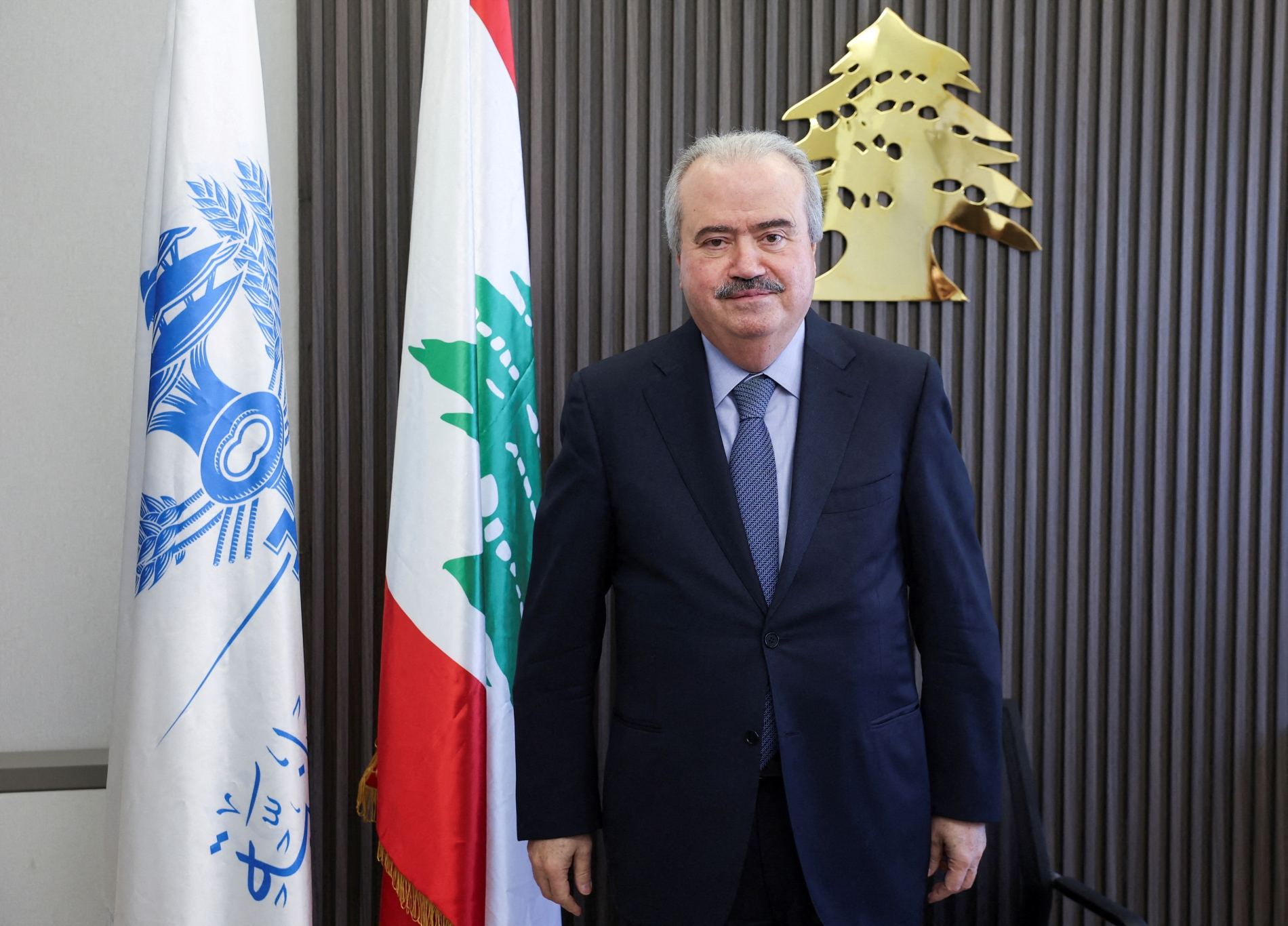
Targeting tax
The Ministry of Finance was working diligently “using all the necessary procedures, decisions, laws and decrees to restore Lebanon to the path of financial and economic recovery,” he said. The aim is to boost revenues, curb waste, reduce tax evasion, and strengthen the treasury. “This has enabled us to fully fund all public-sector salaries and to finance essential projects, including in healthcare and education,” Jaber explained.
“Through self-financing, we have begun to disburse limited allocations to initiate the reconstruction process. This was achieved through funds from the Council of the South and the Higher Relief Commission. Custom revenues have risen significantly, as have those from the real estate departments. Tax collection has also improved noticeably.”
Stability is the foundation of economic revival, said Jaber. “Unfortunately, we have not yet reached that stage. The situation in the south and other areas remains affected by daily and continuous Israeli attacks. The ceasefire has not been implemented, and Israel openly disregards UN Resolution 1701. The countries sponsoring the ceasefire appear unwilling to put pressure on Israel to comply with its terms.”
Politically, conditions are changeable, he explains, adding that "there are forces intent on maintaining a state of tension". Furthermore, Lebanon cannot fully control its borders, in part due to the ongoing Israeli occupation, and in part "because promised aid has not been delivered," the minister said.
The country has had a torrid six years. The currency collapsed, the banking sector was in crisis, and in 2020, the port of Beirut was decimated by an enormous warehouse explosion, causing billions of dollars' worth of damage. "All of these events paralysed sectors across the board, including the work of the Ministry of Finance, which is responsible for collecting state revenues," Jaber said.

